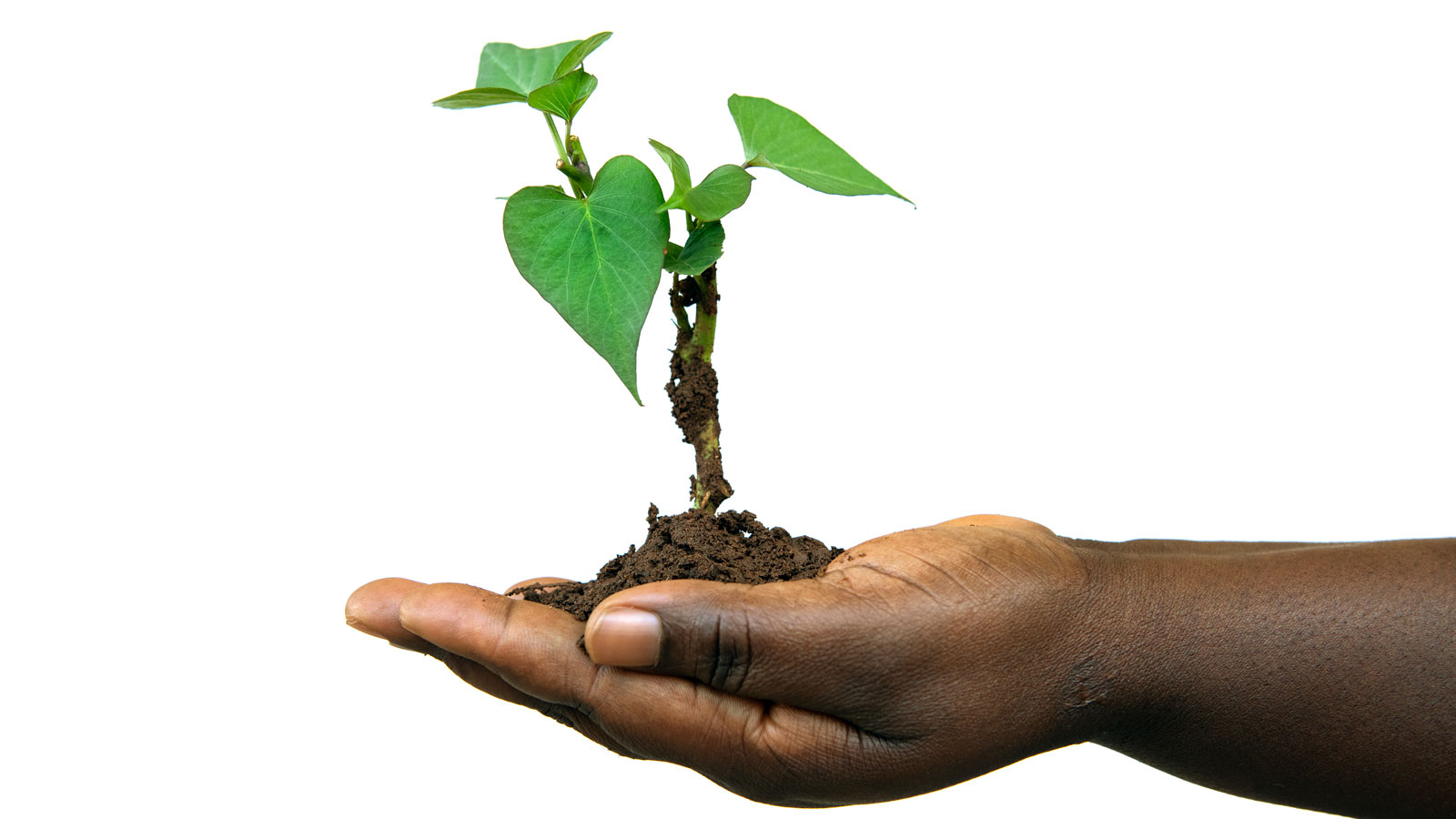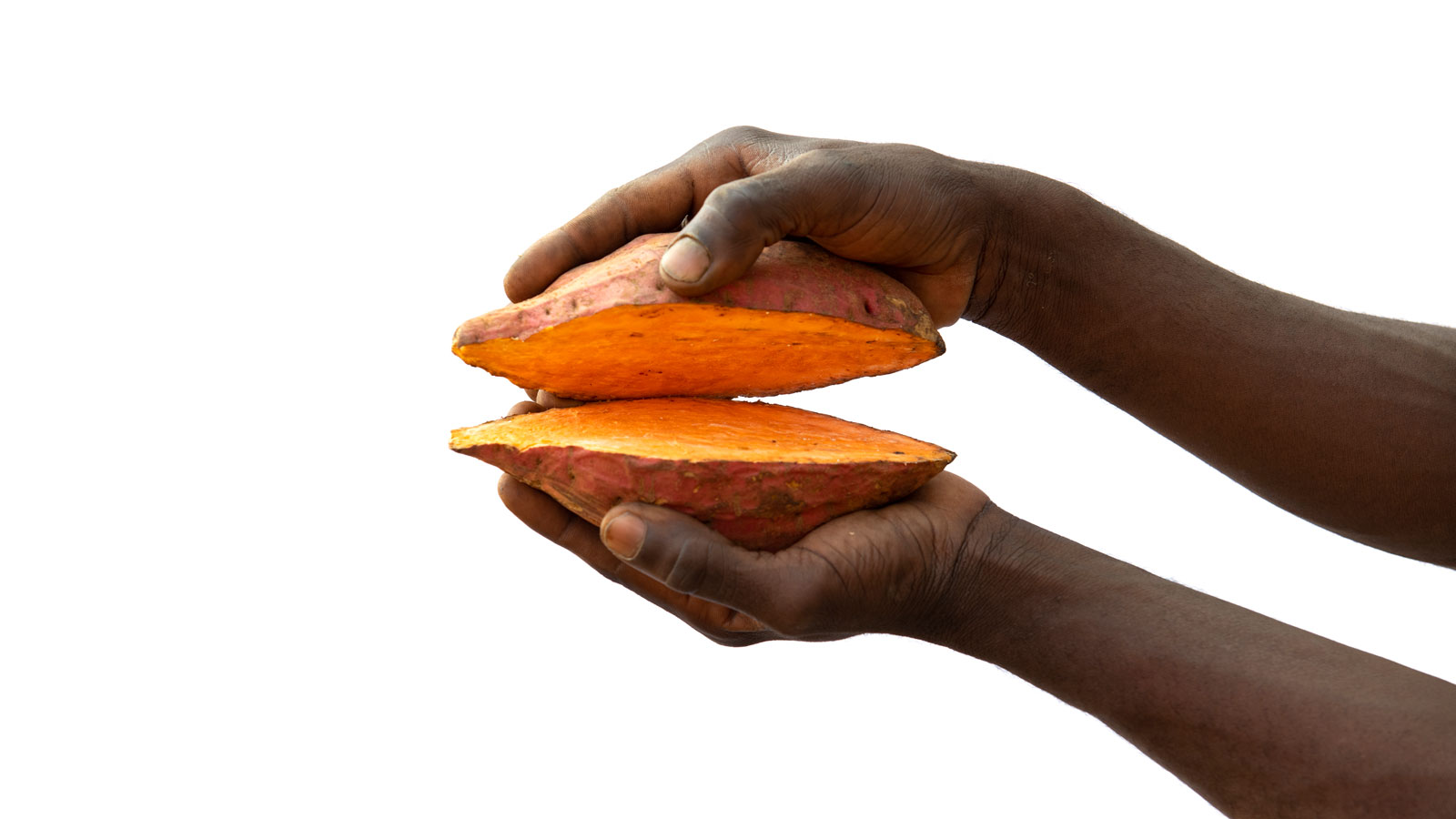CGIAR is joining the brightest minds in food at the world’s leading platform for global food transformation in Stockholm, Sweden at this year’s EAT Forum.
The 2019 forum, which will be held from June 12-13 at the Annexet and Quality Hotel Globe, will be informed by the findings of the report by the EAT-Lancet Commission on Food, Planet, Health, published earlier this year.
CGIAR’s involvement at this year’s event will focus on three global challenges: sustaining food availability, securing public health and living within planetary boundaries.
See the full list of CGIAR events below.
 |
Sustaining
|
|

Yield increases of staple crops have slowed, yet more food will need to be grown in the next 33 years than in the 10,000 years since the agricultural revolution began. Production and distribution will be challenged by population growth, dietary change, climate change and environmental decline. A diverse range of affordable and nutritious food – in particular, fresh fruits, vegetables and nuts – is limited in many markets, especially for the poor.
Most of the growth in food required will need to come from increases in productivity across the food chain, and in harmony with the natural environment. Additionally, maintenance of active food markets and open trade are challenged. Food price crises have the potential to return in the future for various reasons including climate change, which increasingly creates correlated shocks in global and local food markets.
 |
Securing
|
|

The dietary equation is currently unbalanced. More than 800 million people are chronically undernourished, while two billion people suffer from micronutrient deficiencies, and an equal number are overweight or obese. Diverse diets are often unavailable, implying that improved products have to be thoughtfully delivered into value chains and markets, at the nexus of dietary education and reinforcing conditions such as public intervention in domains as diverse as regulation in different respects, including food safety, and sanitation and water quality.
The use of chemical-based fertilizers and pesticides also risks exposure of the public or agricultural workers to health risks. Growing concern about emerging infectious diseases, of which many are zoonoses, highlights the need for informed interventions to control such diseases, which threaten production and human health. Anti-microbial resistance is a major emerging issue driven in part by the food system.
 |
Living within
|
|

Food systems are a major driver of the unsustainable use of the planet’s increasingly fragile ecosystem. Water, land, forests and the biodiversity they contain are precious, yet finite, natural resources. Agriculture and food systems account for up to 29% of greenhouse gas emissions, and yet will be profoundly affected by the more rapidly changing climate that those emissions cause.
Agriculture is driving the loss of the world’s forests and productive land, with 5 million hectares of forests lost every year and a third of the world’s land already classified as degraded. Agriculture accounts for about 70% of water withdrawals globally, is a major cause of water stress in countries where more than 2 billion people live, and water pollution from agricultural systems poses a serious threat to the world’s water systems.
CGIAR Events at EAT Forum
| Date and Time | Session | CGIAR Panelists |
| Tuesday, 11 June 9:00am – 12:30pm |
Side Session: Putting biodiversity back into food: Managing risks in food systems using the Agrobiodiversity Index | Richard China, Director, Strategic Partnerships and External Engagement, Bioversity International
Fabrice DeClerck, Senior Scientist, Bioversity International |
| Tuesday, 11 June 5:00pm – 7:30pm |
Blue Food Assessment (BFA) Workshop – Putting aquatic production at the heart of global food systems | Micheal Philips, Director, Aquaculture and Fisheries Science, WorldFish
Shakuntala Haraksingh Thilsted, Program Leader, Value Chains and Nutrition, WorldFish |
| Wednesday, 12 June 7:00am – 8:30am |
Breakfast: Wake Up, Smell the Coffee! Breakfast with Cracking (not Scrambled) Solutions for Feeding 10B!
By invitation only |
Izabella Koziell, Program Director, CGIAR Research Program on Water Land and Ecosystems (WLE)
Fabrice DeClerck, Senior Scientist, Bioversity International Ann Tutwiler, WLE Independent Steering Committee (ISC) Chair, International Water Management Institute (IWMI) Board Member Adam Hunt, Head of Communications, WLE |
| Thursday, 13 June 7:00am – 8:30am |
Breakfast: Setting a new global agricultural innovation agenda: consultation on the CGIAR 2030 plan. | Elwyn Grainger-Jones, Executive Director, CGIAR System Organization
André Zandstra, Director of Funder and External Relations, CGIAR System Organization |
| Thursday, 13 June 11:40am – 12:20pm |
Plenary: The race to save each other: Biodiversity, humans and food | Juan Lucas Restrepo, Director General, Bioversity International |
| Friday, 14 June 10:30am – 12:00pm |
Side Session: Road testing healthy diets: Perspectives from the Global South | Jan Low, Principal Scientist, International Potato Center (CIP) and 2016 World Food Prize recipient
Ekin Birol, Director of Impact and Strategy, Harvest Plus Silvia Alonso, Senior Scientist, International Livestock Research Institute (ILRI) Namukolo Covic, Research Coordinator, Poverty, Health and Nutrition Division, International Food and Policy Research Institute (IFPRI) Jean Balié, Agri-food Policy Platform Leader, International Rice Research Institute (IRRI) Natalia Palacios, Senior Scientist, International Maize and Wheat Improvement Center (CIMMYT) Session moderated by Lindiwe Sibanda, ex Board of Trustees Member of ILRI and CIMMYT, CEO, Food, Agriculture and Natural Resources Policy Analysis Network (FANRPAN) |
Photos by Chris de Bode for CGIAR.





